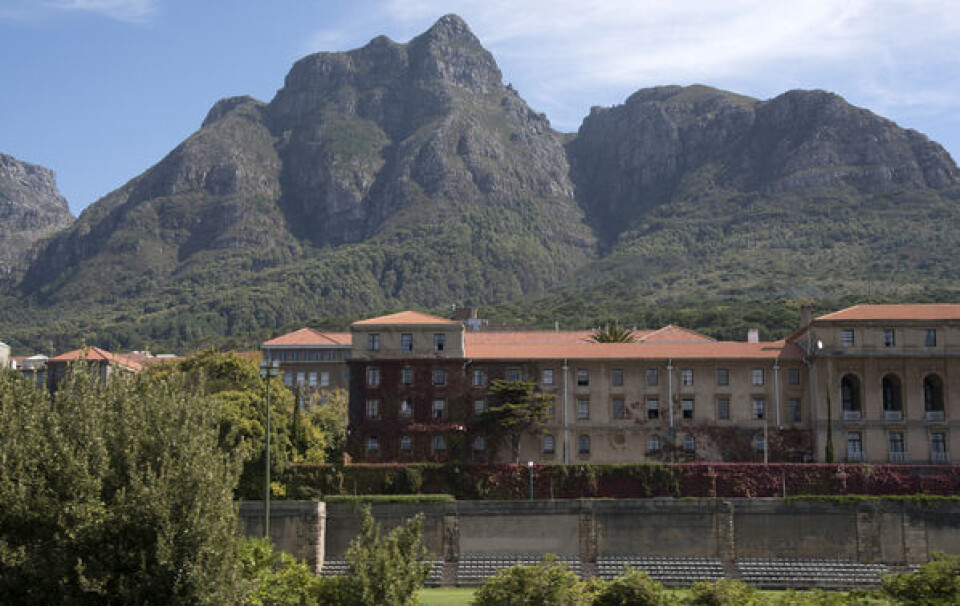Copyright : Re-publication of this article is authorised only in the following circumstances; the writer and Africa Legal are both recognised as the author and the website address www.africa-legal.com and original article link are back linked. Re-publication without both must be preauthorised by contacting editor@africa-legal.com
SA Law Students Face Off in University of Cape Town Moot Court

A mock or moot court is an ideal way for law students to learn the workings of a country’s legal system. Africa Legal is a sponsor of the moot court at UCT on September 1, 2018.
Law students from five South African universities will test their power of argument this weekend in the Kate O’Regan Moot Competition at the University of Cape Town (UCT).
Kate O’ Regan is a major name in South Africa’s post-apartheid judiciary and has strong links to UCT.
The universities taking part in Saturday’s event include UCT, Stellenbosch University, Varsity College, the University of Fort Hare and the University of the Western Cape. Each institution is fielding two teams of two students.
Lauren Loxton, chairperson of UCT’s Moot Society, (hosts of the competition) said the event was started last year when three institutions participated. The goal now was to make it a nationally-anticipated event on all South African law schools’ calendars.
Wendy Bampton from Africa Legal, sponsors of the event, said a core philosophy of the online platform was to build and support the development of young legal talent across the continent.
“A moot court is the ideal forum to do this. It also gives law firms a vehicle to scout for talent and exposes participants to new opportunities.”
Scott Cowan, Bampton’s partner at Africa Legal, said the enthusiasm and ability of up and coming African lawyers was inspiring and he was delighted that Africa Legal could play a part in making Saturday’s event bigger and stronger.
The area of law being debated this year is Competition Law which is not part of the core syllabus of most South African law schools. Last year the students explored environmental year.
“This competition was conceived out of a desire to encourage law students to refine their research skills and learn about an area of law with which they are unfamiliar - which is why we choose a specialised area each year,” Loxton said.
The topic was set with the assistance of Advocate Luke Kelly of the Cape Bar Society and was based on a real case involving price fixing in the bread industry. Loxton said the competitors were required to prepare arguments for an appeal to the Constitutional Court based on the judgments of the High Court and the Supreme Court of Appeal.
The winners of Saturday’s event would be decided on their oral and written arguments, she explained.
“The teams were required to prepare written submissions for both sides (appellants and respondents) and submit them a month before the competition.”
These were being marked and the scores would make up half their total score in the preliminary rounds. The oral submissions would take place on Saturday.
There are four rounds to the competition: two preliminary rounds, a semi-final and a final.
“Each team will have an opportunity to moot for the appellant and for the respondent during the preliminary rounds,” Loxton said, “that is why there are two rounds.”
Each moot would be presided over by a legal professional (attorney, advocate or judge). The presiding judge would score all of the teams while they argued. The four teams with the highest scores from the preliminary rounds would then proceed to the semi-final. The winner of each semi-final would then face off in the final. The winners will be interviewed by Africa Legal.
Follow the event here from 9am on Saturday 1st September 2018.
